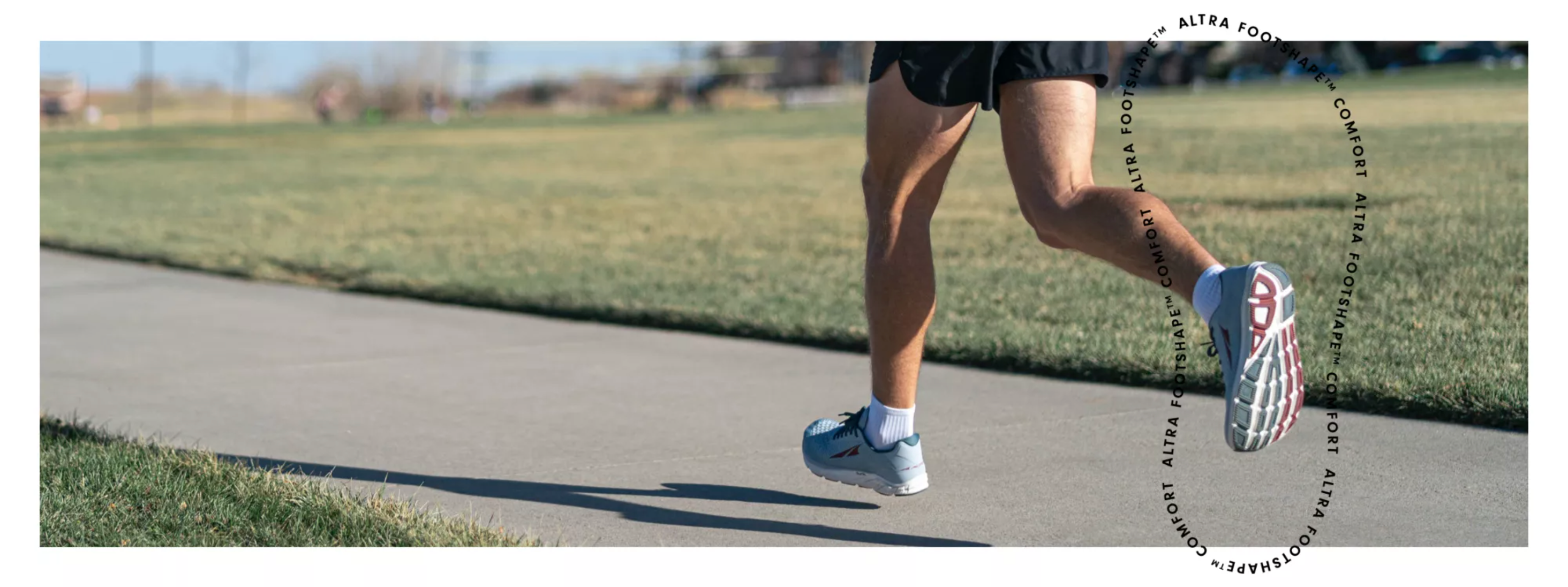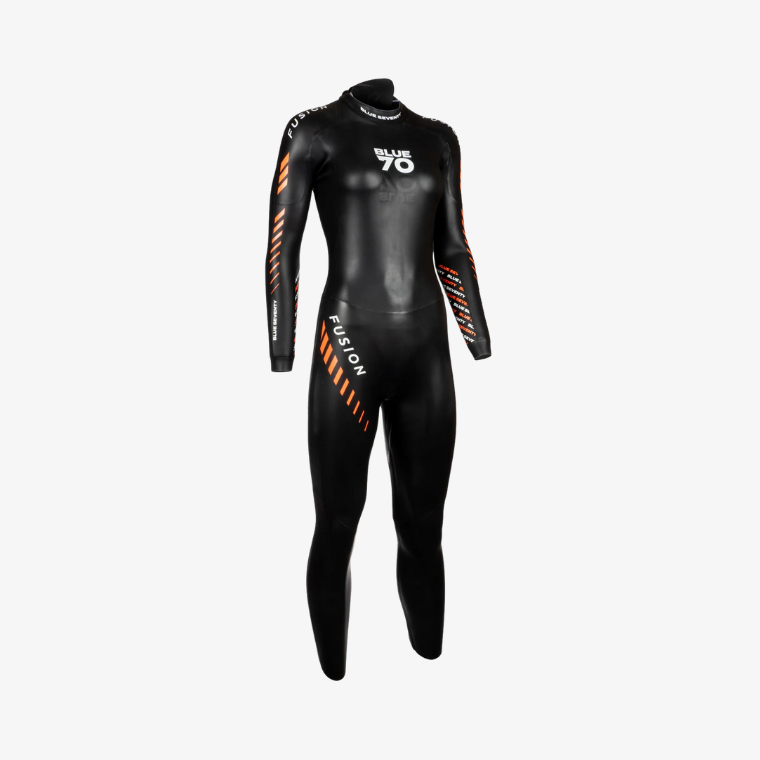Some Wisdom on Information and Behaviour Change
Oska and I are often like two ships passing in the night. Sometimes we’ll cross paths in the shop, or, lately, it’s been in the gym. Somewhere in our conversations, I’ll pop in the question, “what do you want me to write about this month?” I generally know what all the usual hot topics are in nutrition (read as: recurring themes), but I want to hear from Oska if there are any specific questions he has been asked, or if there are any areas he knows people are really struggling with.
The last time I asked that question, the answer was “carbohydrates.”
People are struggling with the topic of carbohydrates - when to have them, how much of them to have, or even if to have them at all (Tldr; yes you should have them).
Now I feel like a kid who, despite being late to turn an assignment in (this post was due last month), turns in something that is largely unrelated to the assigned task. #sorrynotsorry
Part of my tardiness relates to life. But part relates to procrastination.
I know what needs to be written on this topic. I’ve written about it, at length, before. But I just can’t bring myself to do it this time. Let me share with you why.
Information Overload
We are saturated in information/misinformation.
But we don’t need no [more] education.
I’m being flippant. Information is important. But information by itself simply doesn’t change behaviour. And that - behaviour change - is what really counts. Far too many practitioners, like myself, keep trying to scream ever louder, clamouring for attention on whichever platform we can get 5 minutes on, to sell more information.
I could write for Oska a very fine article on the whys and wherefores of carbohydrate for runners. It would be well-researched, backed up by many years of research, and it might even be fully annotated and referenced. And it would barely shift the needle as far as an individual’s behaviour goes.
Unless that information changes behaviour, it is just another word salad on the internet. It might give a good dose of confirmation bias to those who are already actioning the information outlined, but for those who actually need to make a change, it would likely do very little.
Let me share a diagram with you.
When it comes to behaviour change, there is a significant distinction between mere data and information and the combination of knowledge, insight, and wisdom.
Information refers to the raw data or facts conveyed to individuals in such a way as to provide them with an understanding of a particular topic or situation. E.g. A short post on the importance of carbohydrates for running.
However, knowledge goes beyond mere information by incorporating comprehension and awareness of the underlying principles and concepts related to a behaviour. Insight takes knowledge a step further by enabling individuals to perceive and interpret the information in a meaningful and personal way, connecting it to their own experiences and beliefs.
Finally, wisdom encompasses the application of knowledge and insight to make sound judgments and decisions regarding behaviour. It involves a deep understanding of the consequences and long-term implications of one's actions.
While information alone may provide a foundation, behaviour change is more likely to occur when individuals possess the combination of knowledge, insight, and wisdom, as it empowers them to critically evaluate their behaviour, recognise patterns, and make informed choices that align with their values and goals.
Context Matters
It is my knowledge, insight, and, dare I say it, wisdom, which leads me to understand that unless I write a very extensive text book on the subject, there are always going to be gaps, caveats, and exceptions. None of which can be addressed, effectively, in 1500 words.
The problem with simply conveying information when it comes to behaviour change is that information alone is often not sufficient to effectively change behaviour. While knowledge and understanding are most certainly important components of behaviour change, they are just one piece of the puzzle.
My favourite saying (one that is only slightly less annoying than “it depends”) is context matters. When, where, how, and why we might apply some information is always very contextual, both between individuals, but also within individuals.
We Are Complex Creatures
Human behaviour is complex and influenced by a variety of factors, including personal beliefs, attitudes, emotions, social norms, environmental cues, and habits. Simply providing information assumes that people will automatically act on that information and change their behaviour accordingly, but in reality, it's often not that straightforward.
Several factors contribute to the limitations of conveying information for behaviour change:
- Emotional and motivational factors: Behaviour change is not solely driven by rational decision-making. Emotions, desires, and motivations play a significant role in influencing behaviour. Simply providing information may not address these underlying emotional and motivational aspects.
I know for an absolute fact that more often than not people choose to reduce or eliminate carbohydrate, not because they want to deliberately tank their running performance, but because they want to lose weight/fat/get leaner. This is absolutely the wrong approach for *most* people (again, context matters). But my rational information rubs up against an individual’s emotional fears and rationality always loses that fight.
- Limited attention and cognitive biases: People are bombarded with information on a daily basis, and their attention spans are limited. Additionally, individuals are prone to cognitive biases, such as confirmation bias or the tendency to seek information that confirms their existing beliefs. Simply conveying information may not be enough to capture attention or counteract these biases.
For example, no matter how good my post on carbohydrates might have been, it will naturally compete for attention against a sea of content on social media. There are literally 1000’s of accounts run by sub-55kg women in hot pants showing what they eat in a day (in reality, how little they eat in a day). Such content will confirm exactly what some individuals would rather hear than anything I would write.
- Habitual and automatic behaviour: Many behaviours are deeply ingrained habits or automatic responses. Simply providing information may not be sufficient to override these deeply rooted patterns of behaviour. Habit change often requires more comprehensive strategies, such as creating new cues or environmental modifications.
- Social and environmental influences: Behaviour is influenced by social norms, peer pressure, and the physical environment. Simply conveying information may not address these contextual factors that shape behaviour. For example, if the social norm in a particular group is to engage in a certain behaviour the impact of information alone may be limited.
For example, if it is socially normal for runners to do crazy volumes of training, at intensities well above what they should, while following certain diet trends within this social group, then my nicely referenced information post will have limited impact.
Once people become aware of and can navigate the aforementioned factors, they take a step closer to being able to actually change their behaviour. And this is where I start to get interested.
I’m going to wrap this up here and will pick up in part two of this. But I will leave you, dear reader, with this:
- Running is a skill
- Training is a skill
- Eating well is a skill
To get better at something which requires skills, you need to break those skills down and practise them, repeatedly, over time.
In this respect, perhaps what we need is less information telling us the what and the why, and more knowledge, insight, and wisdom telling us how.
To be continued…























































































2 comments
Hi
I am a volunteer in Kherson region in Ukraine and I must admit that the situation has become extremely dire. The Russian forces are intensifying their attacks almost on an hourly basis, which has resulted in a cut off of all essential supplies and clothing. With extreme cold and lack of food supplies, it has become extremely difficult for innocent Ukrainian civilians to survive, most of whom are homeless. Internet and all communications are heavily censored and down most of the time.
We have been promised foreign aid by countless charities and organisations but in reality, hardly anything arrives. I suspect that all deliveries are being intercepted by Russian troops.
As a last resort, I am appealing to frontrunnercolombo.co.nz to help Ukrainian civilians in the region with all essential supplies.
We would ideally need medical supplies, food (non-perishable or longer lasting), warm clothing and anything else you may be able to provide.
If you are able to deliver help, please could you send it to the below address which we are using as shelter for the time being.
Kherson State Agrarian University
Stritenska St, 23
Kherson, Kherson Oblast
Ukraine, 73006
Alternatively, we are also accepting cryptocurrency donations as conventional banking instruments are simply not available to us. If you do not have cryptocurrency, you can easily purchase and send it from Coinbase, Coinpayments, Coin Mama or alternative providers.
Below are the wallet addresses of our local humanitarian volunteer group:
Bitcoin: bc1q9uun7eny4t8pvlq7lmz39z9rr7rm3vw849hqwv
Ethereum: 0xa74cce7805342F10df39B698342380f58bB709b5
No donation is too small and will be most appreciated.
I would like to send you some pictures and video footage of the atrocities in the region but unfortunately, the internet is too slow and very intermittent.
I would be most appreciative if you could share this message on social media and your friends to raise awareness about the situation and lobby your local government to provide more support to Ukrainian army.
Thank you for you help.
Best wishes
Antje Louat
We are pleased to offer you a comprehensive range of international SEO and copywriting services in all European languages, including:
1. In-depth analysis of your business and competitors to provide the most effective marketing strategy.
2. Optimization of your website for search queries that match your niche and audience.
3. Creation of unique content for your website and blog in any European language, covering the most popular topics in your industry and the most effective keywords.
4. High-quality translations of your texts to any European language, taking into account cultural and local nuances.
5. Monitoring and analysis of your website and social media effectiveness to ensure maximum impact for your business.
With our competent team of professionals, you will be able to expand your business by increasing sales anywhere in the world.
Don’t miss the opportunity to take your international business to the next level. Contact us and we’ll help you reach all your goals!
And remember, until June 30th, we’re offering a unique opportunity to use our services at a 30% discount with promo code JUNE23 from the prices listed on our website.
Don’t miss the opportunity to take your international business to the next level. Contact us and we’ll help you reach all your goals!
learn more; https://c.est.moe/copy